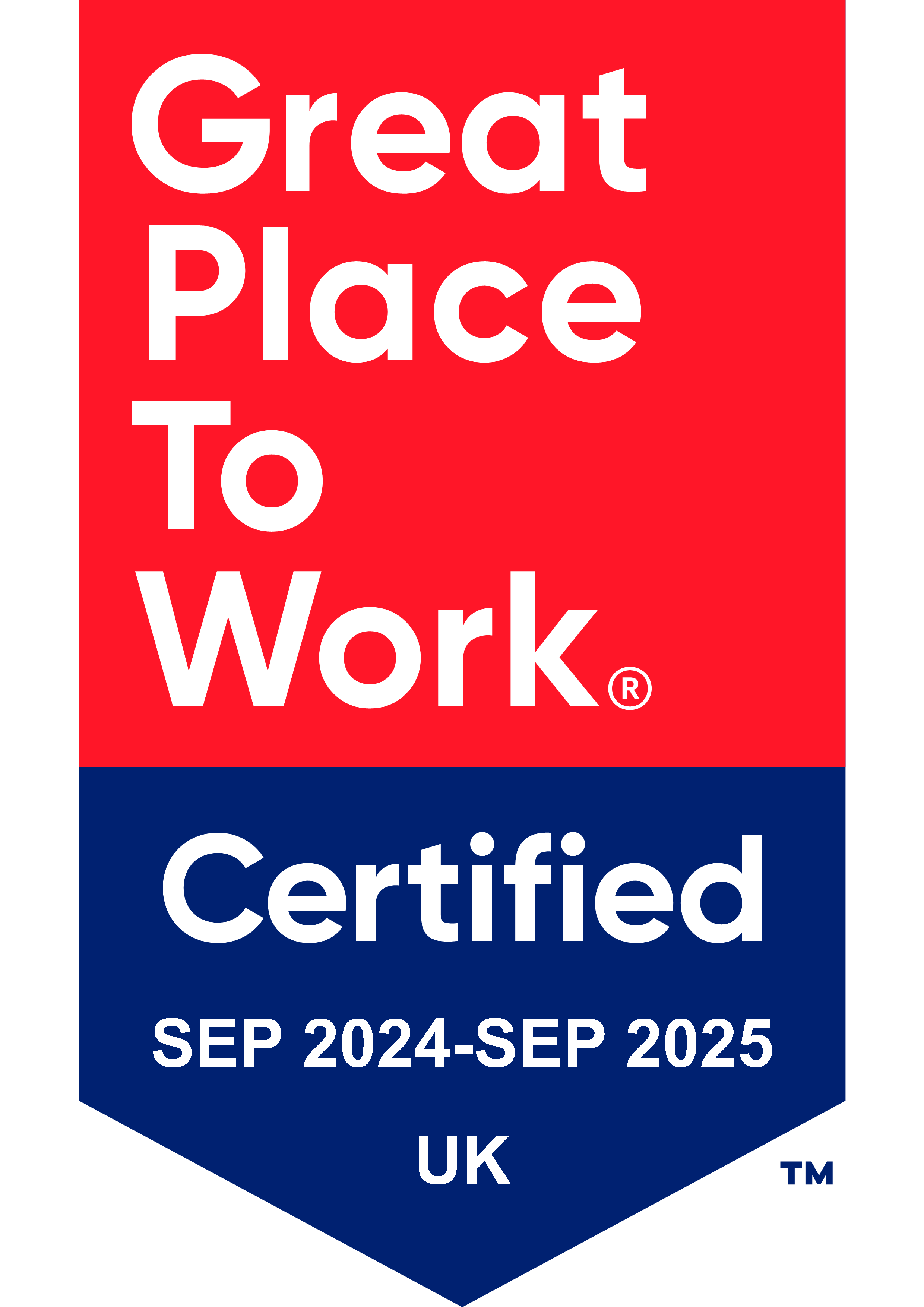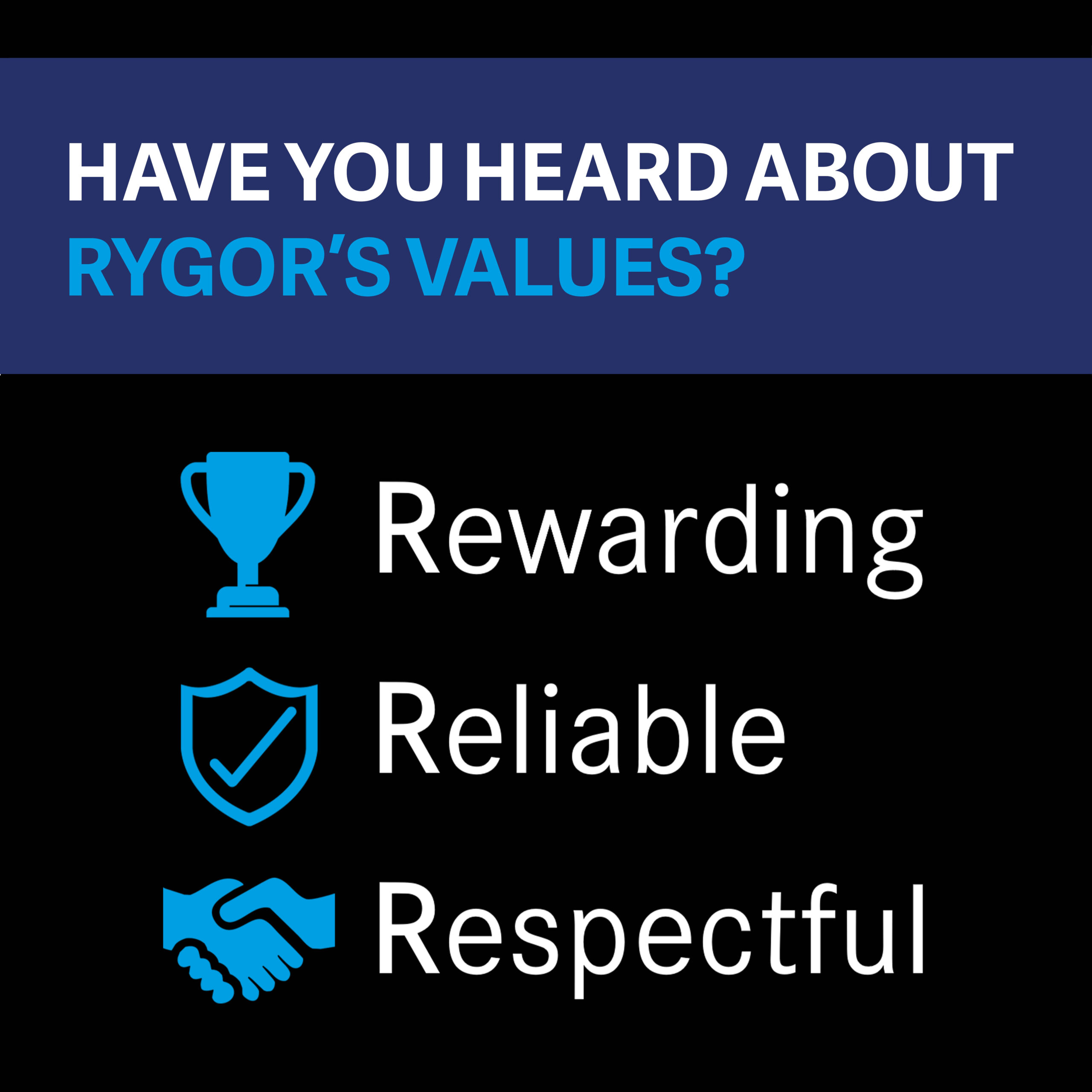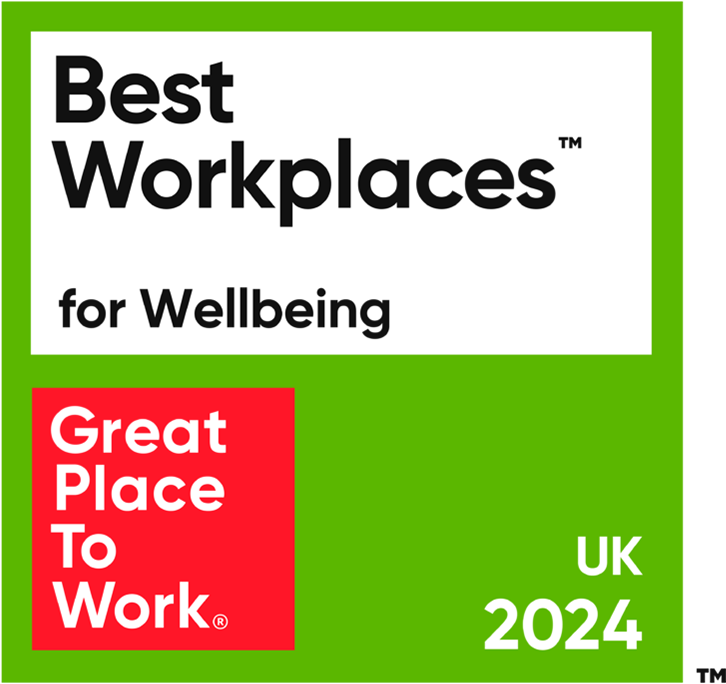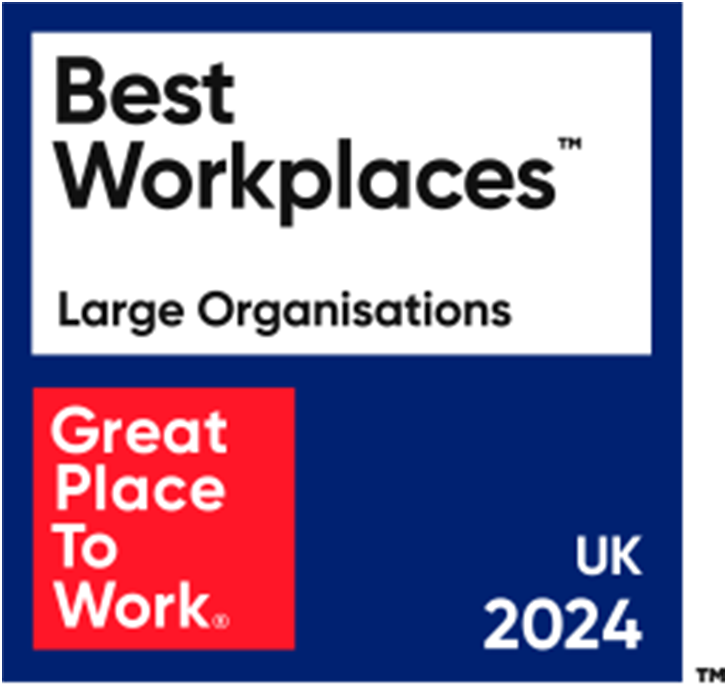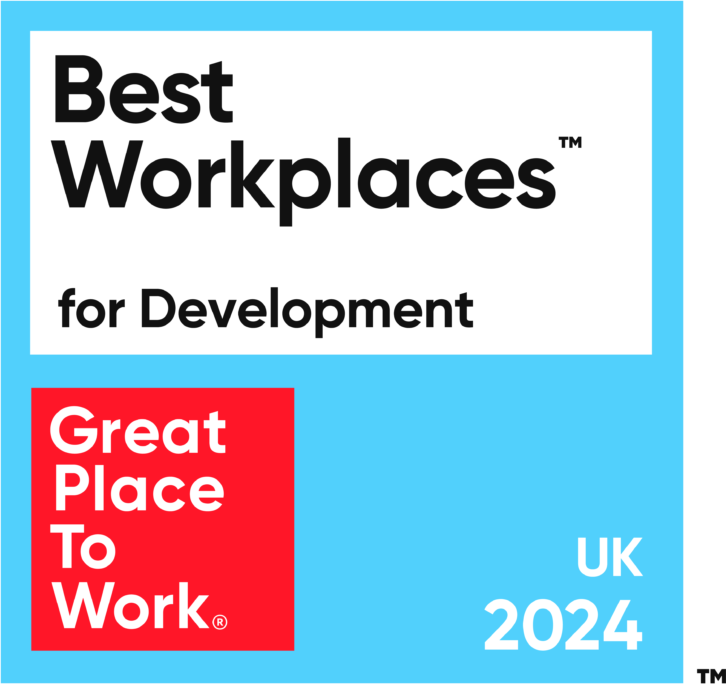Mercedes-Benz Service,
Rygor Auto
Rygor Corporate Governance
Corporate governance is the structure of rules, practices, and processes used to direct and manage a company.
Rygor Group’s board of directors is the primary force influencing our corporate governance.
Our corporate governance involves the following areas:
- environmental awareness
- ethical behaviour
- corporate strategy
- compensation and renumeration
- risk management
The basic principles of corporate governance are accountability, transparency, fairness, and responsibility. Rygor Group utilises the Wates Principals framework for its Corporate Governance.
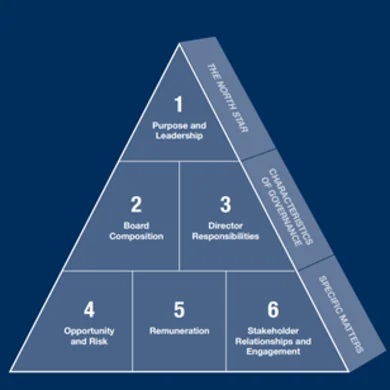
1.Purpose & Leadership –
a.Business purpose –
We want to be a company where our team is proud to work and our customers come back, time and time again…because we Set Standards.
b.Values & Culture –
The Rygor business is committed to achieving our company purpose and mission, by living and breathing our company values:
Rewarding – we are proud to be part of Team Rygor and recognise our colleagues and team members when they set standards.
Reliable – we know our customers can depend on us to keep their vehicles on the road through expert sales, and quality and compliant maintenance.
Respectful – we are considerate and kind to each other and ourselves, and promote the importance of wellbeing.
c.Business strategy –
It is our team members who make the Rygor business strong and successful. This is why we invest in our team’s training and development, our sites and facilities and employee wellbeing.
We believe in enabling our staff to feel confident and competent in their roles and in turn, this allows them to deliver customer service levels which set standards.
When the business succeeds, so do our team members. Many employees across the business have targets and bonus structures aligned with departmental success
We want to have the best staff, delivering the best products, to the best customers.
2. Board Composition
a.The Chair – The Chair of Rygor Group’s Board of Directors is Managing Director, John Keogh. The Chair is responsible for the Board’s overall effectiveness, promoting open debate and facilitating constructive discussion.
b.Diversity & Balance –
The Rygor Group Board is made up of the following individuals:
- John Keogh, Managing Director
- Rishpal Channa, Commercial Director
- Timothy Smith, Company Secretary and Finance Director
- Sean Joyce, Aftersales Director
- Rajesh Sharma, Non-Executive Director
Kate Ruberry-Shoemack, Director of People & Communications
The Board of Directors bring with them a wealth of experience of their area of expertise and were appointed for their experience, skill set and ability and appointed in line with the company’s equality and diversity policy. The business always strives to promote diversity in line with the protected characteristics within the Equalities Act 2010.
c.Size & Structure – Each Rygor Group board member has an area of responsibility in the business, which is why the board is made up of five members.
d.Effectiveness – The Rygor Group board undertakes regular training, including Health & Safety as well as courses relating to their disciplines (such as finance) to ensure they have ongoing professional development.
3. Director responsibility
a.Accountability – Each board member has an area of responsibility in the business:
- John Keogh – Managing Director and H&S
- Rishpal Channa – Sales
- Timothy Smith – Finance & IT
- Sean Joyce (Director) – Aftersales
- Rajesh Sharma – Non exec
Kate Ruberry-Shoemack, Director of People & Communications
The Rygor business has a clear line management structure, so any issues of accountability and responsibility are transparent and are easily escalated if required, to support effective decision-making. As a business, we have set policies and practices that govern the internal affairs of the company, all of which can openly be viewed on our company shared drives. These are regularly reviewed by the Chair and the Company Secretary to ensure and confirm that they remain fit for purpose.
b.Committees – The board makes use of departmental meetings to help with the consideration of matters such as budget reporting and departmental risk. The board retains responsibility for any final decisions.
c.Integrity of Information – The board has established formal and robust internal processes to ensure systems and controls are operating effectively, and that the quality and integrity of information provided to it is reliable. This enables directors to monitor and challenge the performance of the company and make informed decisions.
The business annually publishes a report of its accounts and gender pay gap information.
4.Opportunity & Risk
a.Opportunity – The board considers and analyses how the company creates and maintains value in the long-term and the stakeholders that contribute to it.
b.Risk – The board has the responsibility for overall approach to strategic decision-making and effective risk management (financial and non-financial), including reputational risk. To support them in this, it has employed a Head of Facilities and Health & Safety, who regularly carries out risk assessments and a Head of People & Communication to manage company reputation internally and externally. Both roles report directly into the Board of Directors and regularly liaise with the board members. The board also reviews potential risks to the business and has a Director on the board who is responsible for Health & Safety – John Keogh.
c.Responsibilities – Each board member has a defined area of responsibility within the business. Weekly board calls are held to report back on these areas to the rest of the Directors and any decisions or required escalations are made during these calls.
5. Renumeration
a.Setting remuneration – Remuneration for directors and senior managers is aligned with the individual’s performance, behaviours, actions, and the achievement of company purpose, values and strategy. Renumeration is considered on a basis on which to retain employees and attract new, talented team members to the business.
b.Policies – The board has clear policies on remuneration structures.
c.Delegating renumeration decisions – Renumeration decisions are made at board level, with specific procedures in place for new role appointments and significant pay increases.
6.Stakeholder Relationships & Engagement
a. External Impacts –
Whatever we do at Rygor Group, we want it to be good for our company, good for our team, good for our customers and good for our community.
Our Charities – Our Charities of the Year initiative was launched in 2014, when we changed our approach to how we support local causes. The team at Rygor Group nominates and votes to support a local charity at each of our branches over a 12-month period, bringing together our staff for fundraising events. Since the initiative started back in 2014, our team and the Rygor business has donated more than £50,000 to our Charities of the Year programme.
Our Community – Across our team, we have a significant level of expertise and we believe in helping our local community by sharing our knowledge and experience. For example, we have worked with local fire services on education around HGVs, visited local youth groups to talk about career options and our team has also given lectures to university students.
Our Environment – The company is reviewing its green impact on a regular basis and will be working with external consultants to identify where we can continue to improve and make a different. We understand that it can also be the small things which can help make a big difference. For example, we encourage our team members to recycle as much as possible and have recycling boxes/bins at all our sites. Confidential waste which goes into our shredding boxes is recycled by the supplier. What’s more, we are increasingly using more and more digital technologies which allow our team to use less paper. This is something our IT team and the board frequently review. We have also recently invested in LED lighting across the business. We recognise that we work in the motor industry, but we are proud to be part of brands which boast a range of electronic vehicles, and our team continues to be trained to be able to sell and maintain them. At Rygor Group, our team can also benefit from the Cycle2Work scheme which is not only great for the environment, but fantastic for our team’s health and wellbeing.
b. Stakeholders –
Customers – Providing exceptional customer service is at the heart of everything we do – it’s what Setting Standards means to us. We know that treating our team right, and investing in them, has onwards benefits in terms of customer service levels. We believe our customers deserve the very best, not only from their vehicles, but from our team members. At Rygor Group it’s never about the quick sale. Our team loves to build relationships with our customers, to ensure that we are providing the right level of service to each and every individual and business and part of this is communicating openly and honestly with them. To us, the commitment of providing exemplary customer service isn’t just words. In 2019, Rygor won Franchised Dealer of the Year at the Commercial Motor Awards, Van Dealer of the Year at the 2021 WhatVan? Awards and Service Provider of the Year at the 2022 WhatVan? Awards. In addition to 121 communication, we also communicate with our customers through opt-in marketing, press activity and social media.
Manufacturers – We’re proud to work with our manufacturers and have been recognised by them at award ceremonies and frequently pilot new programmes and initiatives for them, before roll out to the whole network. Having open and positive relationships with our manufacturers, through regular catchups and meetings, allows us to plan and work strategically and effectively.
Suppliers – Each of our sites work with a variety of suppliers and third parties to allow us to continue to deliver exceptional customer service levels. Our managers build positive relationships with our suppliers to encourage this and our Head of Facilities & Health and Safety periodically communicates with suppliers and contractors to ensure they are following our code of conduct.
c. Workforce – All the company policies and practices relating to our team members and human resource management, can be found on our shared drives. These are aligned with the company’s purpose and values.
We communicate regularly and consistently with our team through a variety of internal communication platforms to keep them up to date with business news and importantly, allow them to feedback and prompt two-way communication. Our team has the opportunity to get involved with our company pulse surveys, as well as our wellbeing and reward and recognition programmes.
Ongoing Review
The Rygor Group Corporate Governance document will be regularly reviewed and updated as required.
First version: March 2022
Update: 12th August 2024

